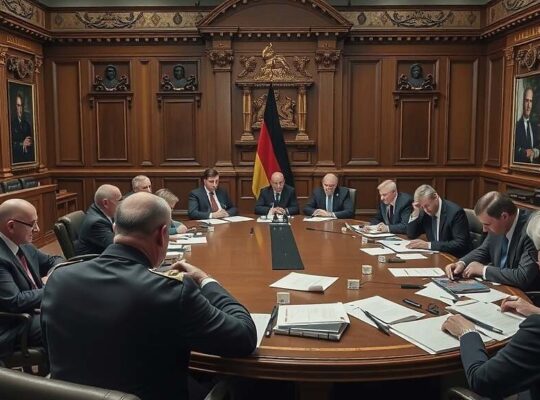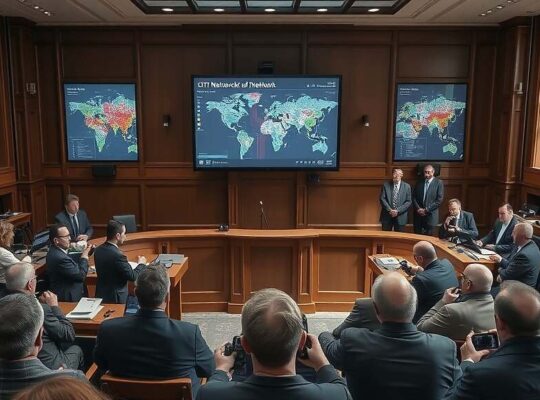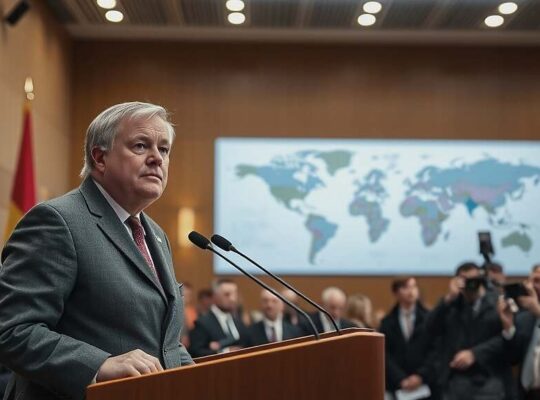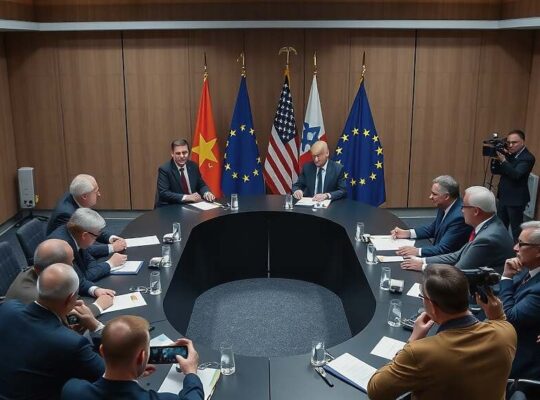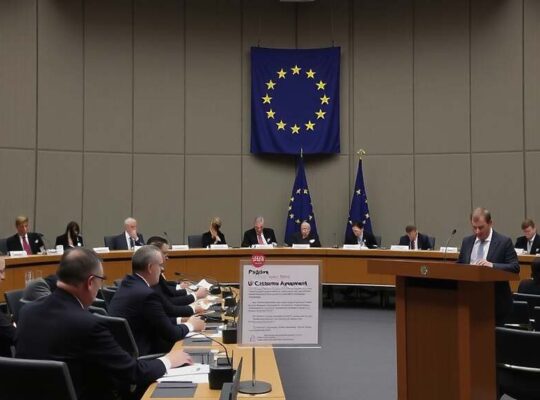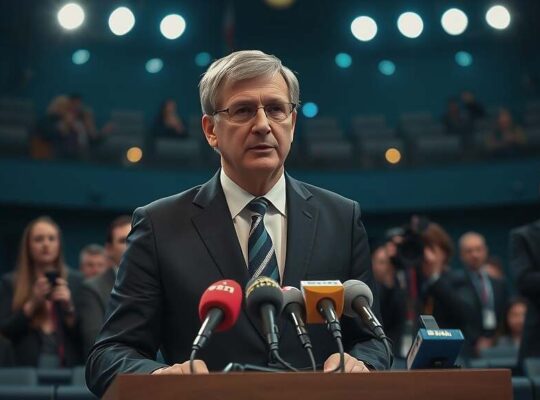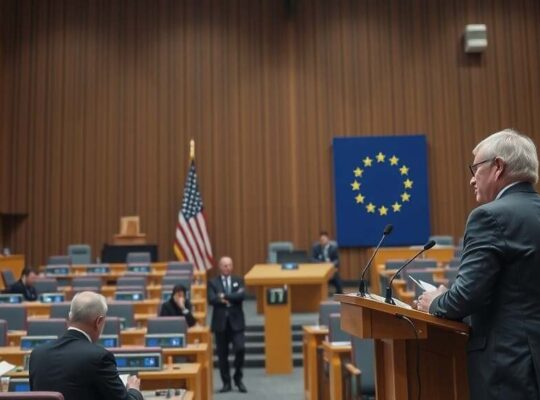The Israeli government, under Prime Minister Benjamin Netanyahu, has formally approved a ceasefire agreement with Hamas, marking a potentially fragile turning point in the protracted conflict. The agreement, finalized Thursday morning and signed by both parties, now enters a 24-hour window during which it is subject to review by Israel’s Supreme Court. Following this review, Hamas is granted a 96-hour timeframe to release all remaining hostages.
According to reports, approximately 20 hostages are still alive and the agreement stipulates that the remains of 28 deceased hostages will be returned. In reciprocation, Palestinian prisoners held in Israeli jails are slated for release, alongside a planned withdrawal of Israeli military forces.
A crucial element of the agreement addresses the humanitarian crisis within Gaza. A significant backlog of 170,000 tons of essential aid – including food, medicine and vital supplies – currently awaits distribution near the Gazastreif and the ceasefire aims to facilitate the unrestricted flow of these resources into the region.
While Hamas leadership has declared the Gaza war concluded thanks to international assurances, the terms and long-term implications of the agreement remain contentious. The 96-hour hostage release window introduces a substantial risk and the potential for renewed hostilities remains high if the terms are not fully adhered to.
The agreement’s reliance on “international assurances” is vague and raises questions regarding the specific commitments secured and the mechanisms for enforcement. Critics are already questioning the lack of detail regarding the nature of the Israeli military withdrawal and the guarantees provided to prevent Hamas from rearming or resuming offensive actions.
The potential visit by US President Donald Trump to Israel and Egypt for a formal signing ceremony underscores the significant international involvement in brokering this deal. His predicted timeline for the hostage release, Monday or Tuesday, adds a layer of public scrutiny and expectation that could further complicate negotiations if delays occur. The fragile nature of this arrangement underscores the daunting challenge of achieving lasting peace in the region, even amidst scenes of apparent celebration in Tel Aviv and Gaza.



